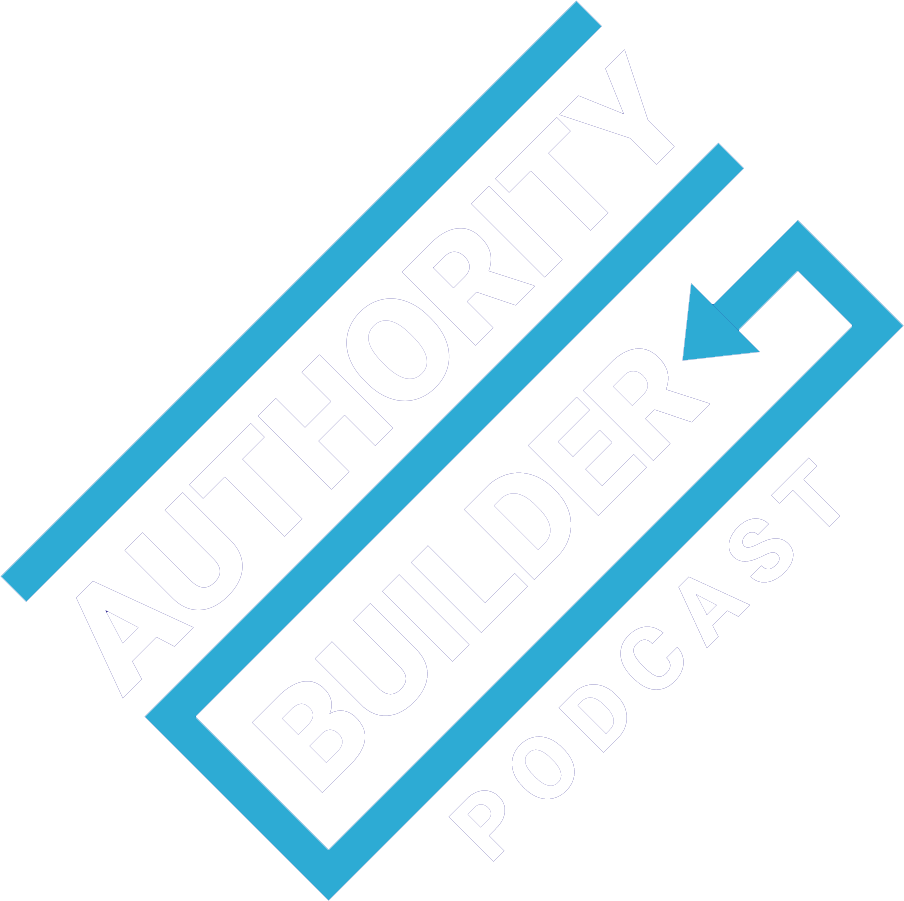When you narrow your target market – and we’re talking narrow – you’ll find that business growth is almost inevitable.
There’s an old saying: “Jack of all trades, master of none.” And it certainly applies when you pick your business’ niche.
If you’re worried that by focusing on your ideal clients you’ll be missing out on a lot of work potential work… realize that you can make more money serving fewer well-qualified clients that you love working with.
It’s not just a recipe for growth but a path to creating a business that supports your lifestyle and not the other way around.
Tune in to discover…
- A logical process for picking your ideal target market
- 4 steps to weed out existing clients you don’t need anymore
- How to build the “machine” every growing business needs
- Where to find your customer avatar
- And more
Listen now…


